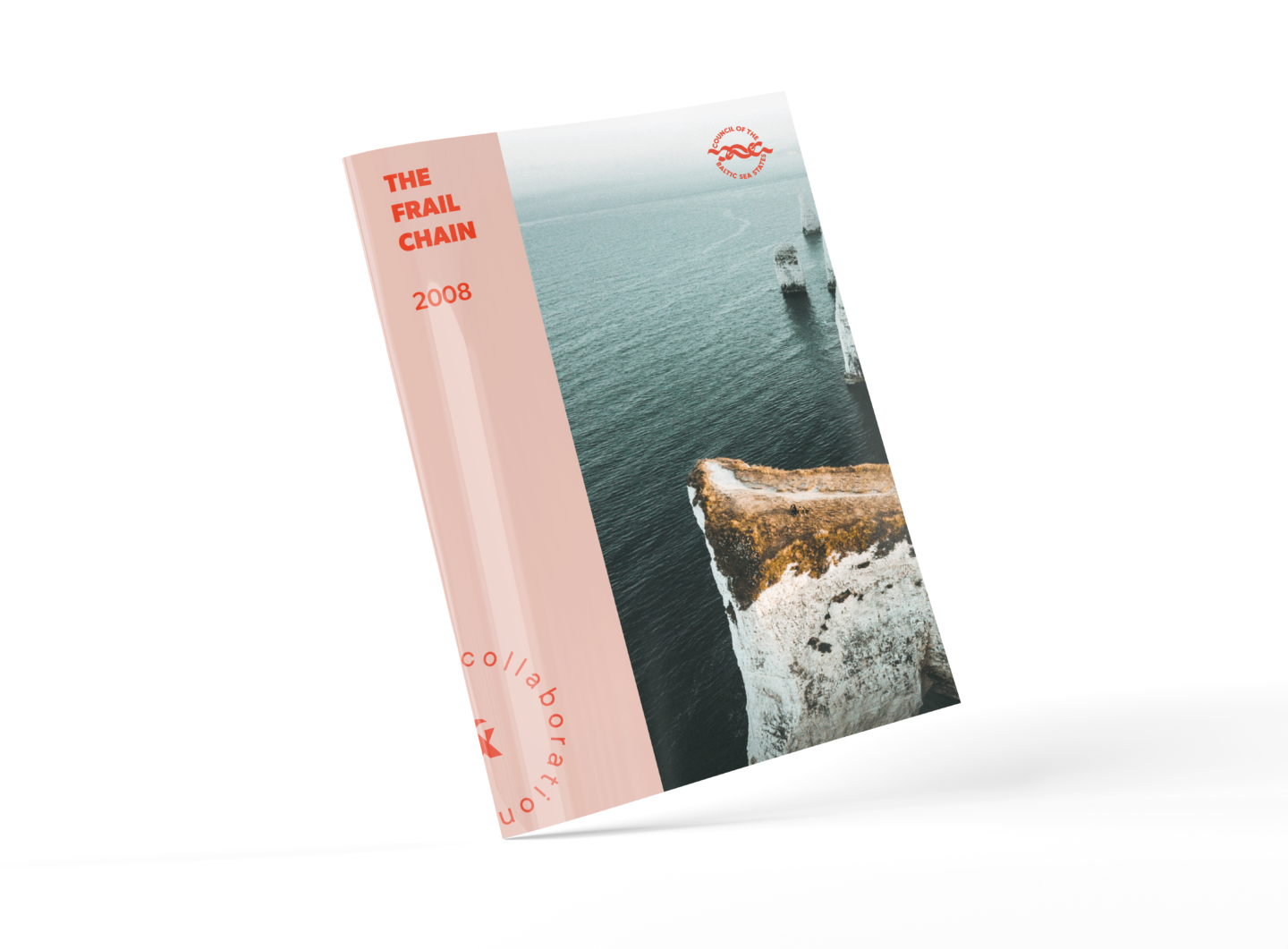Through discussions with experts in the area of rehabilitation and support to children victims of exploitation and violence at the time, a number of issues were identified that should be thoroughly deliberated in an international training programme in order to assist national programmes of assistance for children victims of trafficking. The aim was to support experts who work with assisting children and young persons exploited through trafficking with additional knowledge on how to assist these in a comprehensive way, and on the basis of international experience.
Seminar topics covered:
- Protective care of children and young persons that have been trafficked
- Psychological support to trafficked young persons
- Children’s participation in shaping their own healing context
- Networking and family work with children and young persons victims of trafficking
- Reintegration in country of origin, or integration in a new context
The Frail Chain report was commissioned to map cases of trafficking of children and young persons appearing in the Baltic Sea Region, including: Denmark, Estonia, Finland, Germany, Iceland, Latvia, Lithuania, Norway, Poland, Russia, Sweden, Belarus, Ukraine and Moldova. With data gathered through interviews, the focus was on what assistance young victims of trafficking have been offered and if the assistance was adequate as perceived by the affected young person.
Other project results included an established network of 47 trained experts in 10 countries, and a CD Rom of resources, tools and reports in English and Russian.
This project was co-funded by the European Commission through the Daphne II programme. Partners included the Swedish Agency for Institutional Care, Tartu Child Support Centre in Estonia, PRO-ECPAT and University of Zielona Gora in Poland and NGO Child House in Lithuania. Save the Children Sweden and The Oak Foundation provided for the participation of non-partner countries Russia, Ukraine, Belarus and Latvia.
